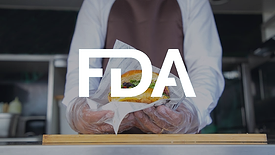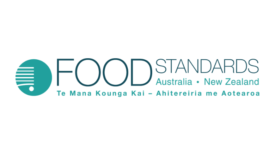Home » Retail Food
Articles Tagged with ''Retail Food''
BIZTRACKS
SGS, Eezytrace Partner to Transform Foodservice Food Safety Management
May 18, 2023
BIZTRACKS
Interactive “Food Safety Ninja” Website Launched by Local Health Department
March 27, 2023
Never miss the latest news and trends driving the food safety industry
eNewsletter | Website | eMagazine
JOIN TODAY!Copyright ©2025. All Rights Reserved BNP Media.
Design, CMS, Hosting & Web Development :: ePublishing
.jpg?height=168&t=1691503719&width=275)








